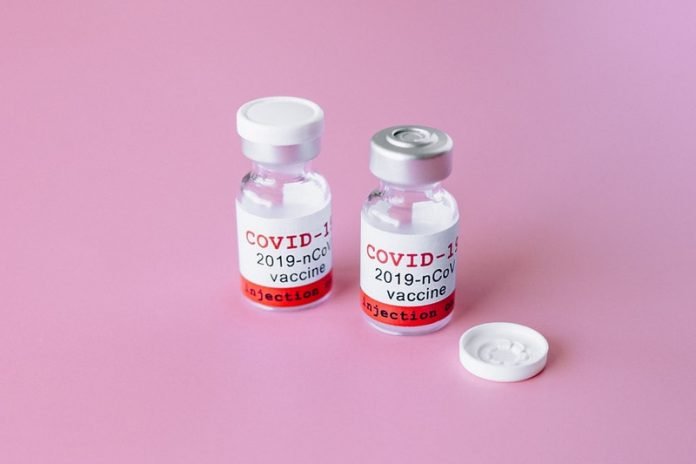
Although clinical trial data are encouraging, real-world evidence with regard to the COVID-19 vaccine remains scarce.
In particular, response to the vaccine among those previously infected with SARS-CoV-2 is still not completely understood.
In a new study, researchers found that people previously infected with the virus responded very strongly to one dose of the Pfizer vaccine.
The effect is strong regardless of when they were infected and whether or not they had detectable antibodies against COVID-19 prior to receiving the vaccine.
The research was conducted by a team from Bar-Ilan University and Ziv Medical Center.
In the study, the team tested 514 people at Ziv Medical Center. Seventeen of them were infected with COVID-19 anytime between one and ten months before receiving the first dose of the vaccine.
The team found the response among those previously infected was so effective that it opens the debate as to whether one dose of the vaccine may suffice.
They say this finding can help countries make informed decisions regarding vaccine policy—for instance, whether those previously infected should be vaccinated in priority and, if so, with how many doses
It also offers reassurance that not having detectable antibodies after being infected does not necessarily mean that protection following infection is lost.
They also found that immune response was similar across multi-ethnic groups.
The team says the strong response to one dose of the vaccine among those previously infected regardless of the duration between infection and vaccination is good news.
However, they emphasize that their findings should be confirmed in a larger cohort before reaching definitive conclusions.
The researchers are continuing to follow healthcare workers after their second dose to better understand how long the vaccine will protect against COVID-19 in different groups of people.
One author of the study is Prof. Michael Edelstein.
The study is published in the journal Eurosurveillance.
Copyright © 2021 Knowridge Science Report. All rights reserved.



